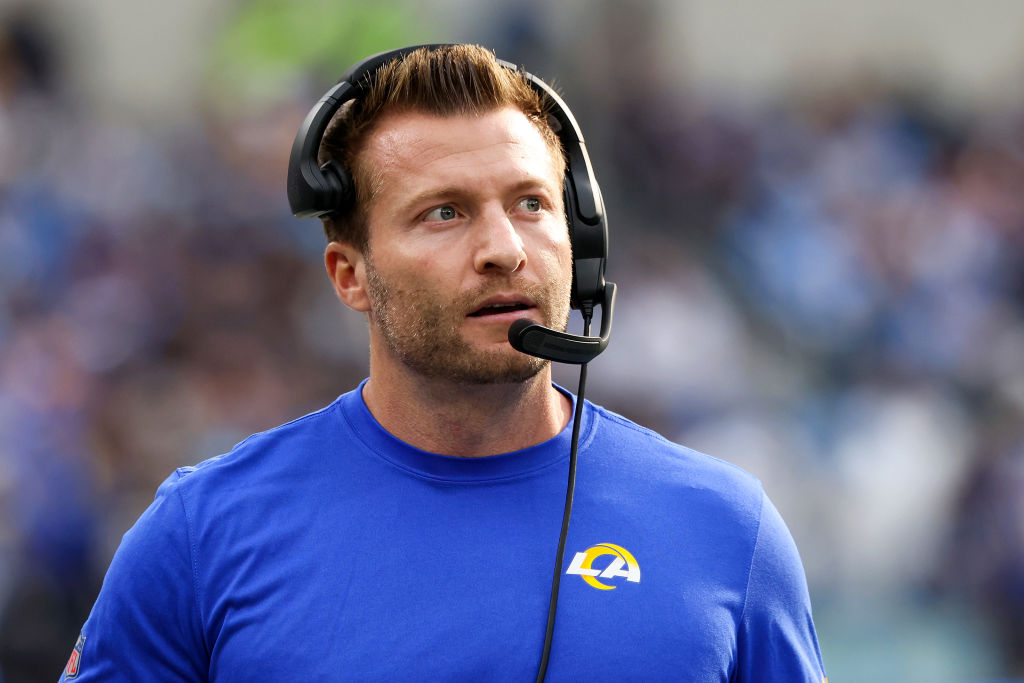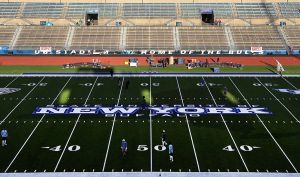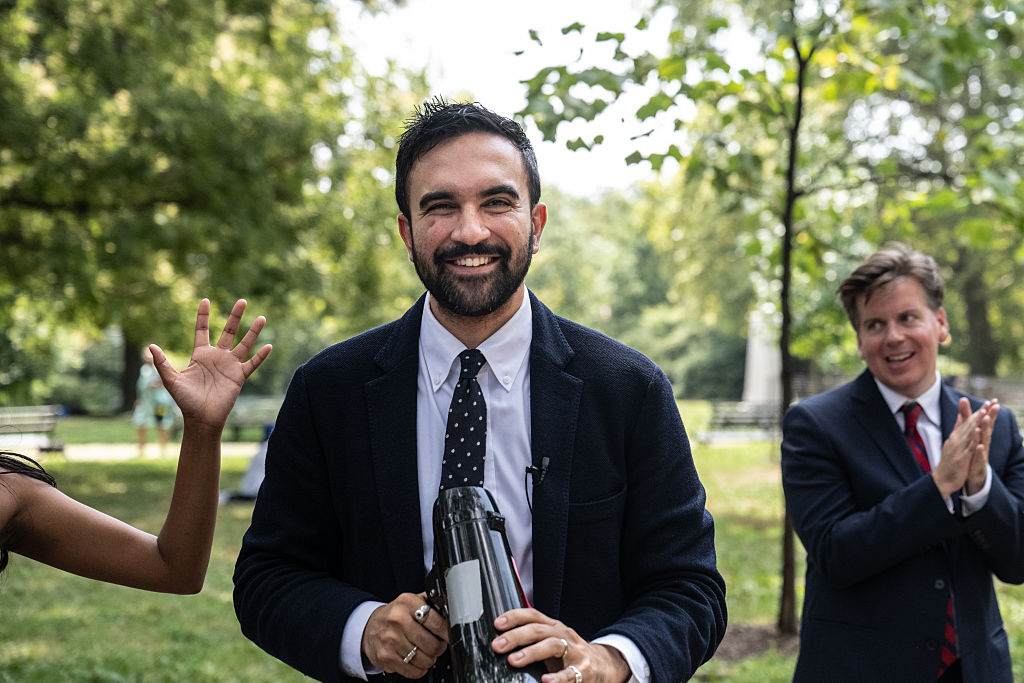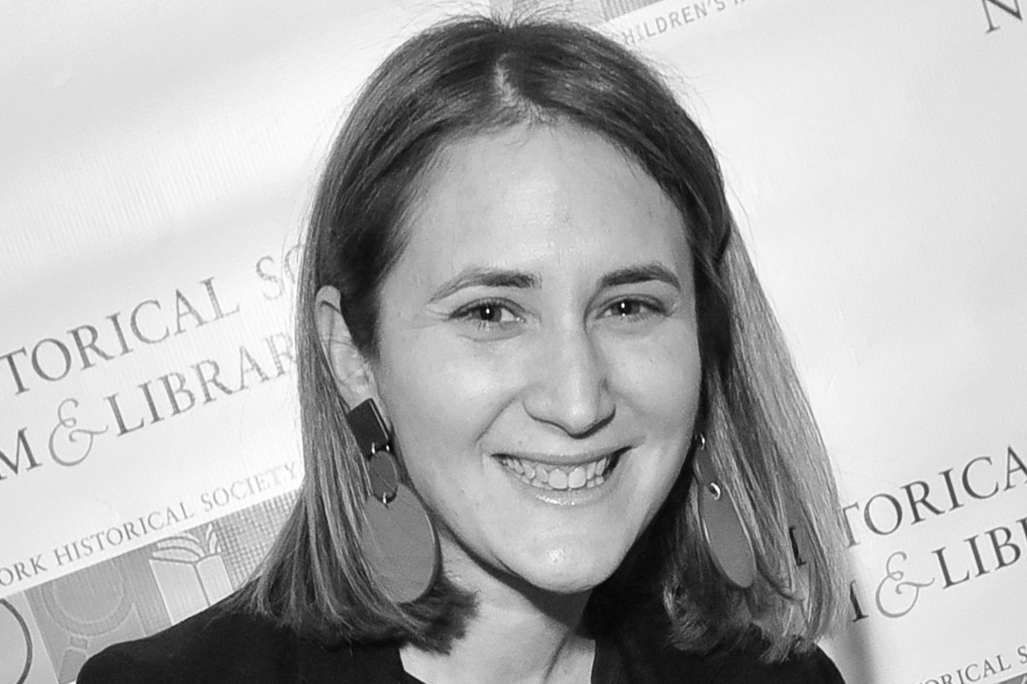There was a time, not long ago, when any NFL franchise with a coaching vacancy was desperately searching for the next Sean McVay. This was explicitly spelled out: we want the next McVay, a literal clone if possible.
Now, only six years into his head coaching career and following his first losing season, Sean McVay isn’t entirely sure he wants to be Sean McVay anymore; at least not Sean McVay the football coach, at least not for a while.
That McVay spent years representing the mold that coaches aspired to had something to do with the cult of the wunderkind. Every few years, there’s a new hotshot coordinator or ascendant college coach who is said to be taking the NFL by storm. More often than not, this does not come to pass — for the latest example, take a look at McVay’s now-former NFC West coaching rival Kliff Kingsbury, sent packing by the Arizona Cardinals after four lackluster seasons.
McVay, unlike Kingsbury, was the rare wunderkind to deliver the goods right away. The hoopla that greeted his hiring by the Los Angeles Rams in 2017 mostly had to do with age. At 30, he was not only the youngest coach in the modern era of the NFL, he was the first millennial head coach. That he was credited with developing Kirk Cousins into a franchise quarterback as the offensive coordinator in Washington was also a factor to be sure. But, oh, that age!
While the NFL will always be associated with flinty, stern older coaches like Vince Lombardi, Tom Landry, and Bill Belichick, the young upstarts have their place, and an important one at that. At the time of their hiring, Don Shula and John Madden were each the third youngest coaches in the modern era. While McVay’s success has inspired teams to go with other coaches in their early 30s, it’s not like teams had never flirted with anyone under 35 before. Perhaps there’s a latent longing in football culture for the young visionary archetype that was created by the likes of Madden and Shula. That could be why the praise is so fulsome when they deliver and the judgment so scathing when they don’t.
Either way, youth by itself does not a wunderkind make. That’s why Kingsbury only had the facade. McVay had an almost child prodigy-like quality to complete the package. A parlor trick that delighted the media for years involved McVay’s preternatural ability to recall seemingly any play from any NFL game in his career, a feat that sometimes made him seem like a grown-up version of Tom Cruise’s son from Jerry Maguire. It was an impressive stunt yet smacking of the performative element so common among millennials.
Showy acts of competence aren’t the only essential millennial quality McVay has in spades. In recent years, surfacing immediately after he won his first championship, is a bit of the old millennial burnout.
The morning after the Rams Super Bowl victory last February, McVay responded to a question about whether he would return to the team the following season with a surprising and cryptic “we’ll see.” That understandably set off alarms within LA media, as the Rams were just hours into a championship celebration. Of course, McVay did end up coaching the Rams for the 2022 season, though he couldn’t be blamed for wishing he hadn’t. The team finished 5-12, their worst season since the Jeff Fisher era, which ended the year before McVay took over. Given that the Rams had gone all-in and mortgaged their future on high-priced veteran acquisitions, it wasn’t a huge surprise they took a step back the next year, though the regression was surely more pronounced than McVay would have liked.
That the Rams were forced to build a super-team to win a title is a rebuke of the cult of McVay. After all, just three seasons prior, what might have been McVay’s coronation with a Super Bowl matchup against the Patriots was instead the bloom coming off the rose. In losing to New England, McVay and the Rams were humiliated. Bill Belichick put on a coaching masterclass, turning the headset communication trick that McVay had fashioned with young quarterback Jared Goff into a disadvantage. McVay was exposed as second fiddle to the great and malevolent Belichick.
And while Belichick is showing no signs of stopping at the ripe old age of 70 in spite of the fact that Tom Brady moved on three years ago, McVay concluded the 2022 campaign with a 13-minute presser in which he spoke dolefully of the “beautiful torment” of being an NFL head coach, saying he would weigh whether to return or step down in the next few days. He has since announced he’ll return for 2023, though his staff is weighing their options. Rams offensive coordinator Liam Noem has already accepted a position with the Kentucky Wildcats.
The liberal sports press thought all of this was just dandy. Los Angeles Times columnist Bill Plaschke gave McVay something of a grandfatherly blessing to take an extended coaching hiatus. “Go, in peace,” Plaschke wrote. “Go, for the sake of your mental health, which you obviously believe is being compromised by the intensity of your mission.” Such a reaction shouldn’t come as a surprise. In recent years, sports media types have made a bizarrely effusive show of celebrating professional athletes — and apparently now coaches — who walk away from competitions for reasons of mental distress. The most prominent recent examples were Olympic gymnast Simone Biles and Falcons wide receiver Calvin Ridley.
No one would discount that the job of an NFL head coach is stressful, and that excessive allegiance to grind culture can lead to an assortment of health issues. Yet this cheerleading for millionaire sports figures to take it easy is puzzling. Those doing it would likely say it’s a good thing to eschew the oppressive and never-ending dictates of the workplace. But then who can afford to follow that example, save for other millionaires? Millennials would likely bristle at such a question. C’mon now, posi vibes only.

























